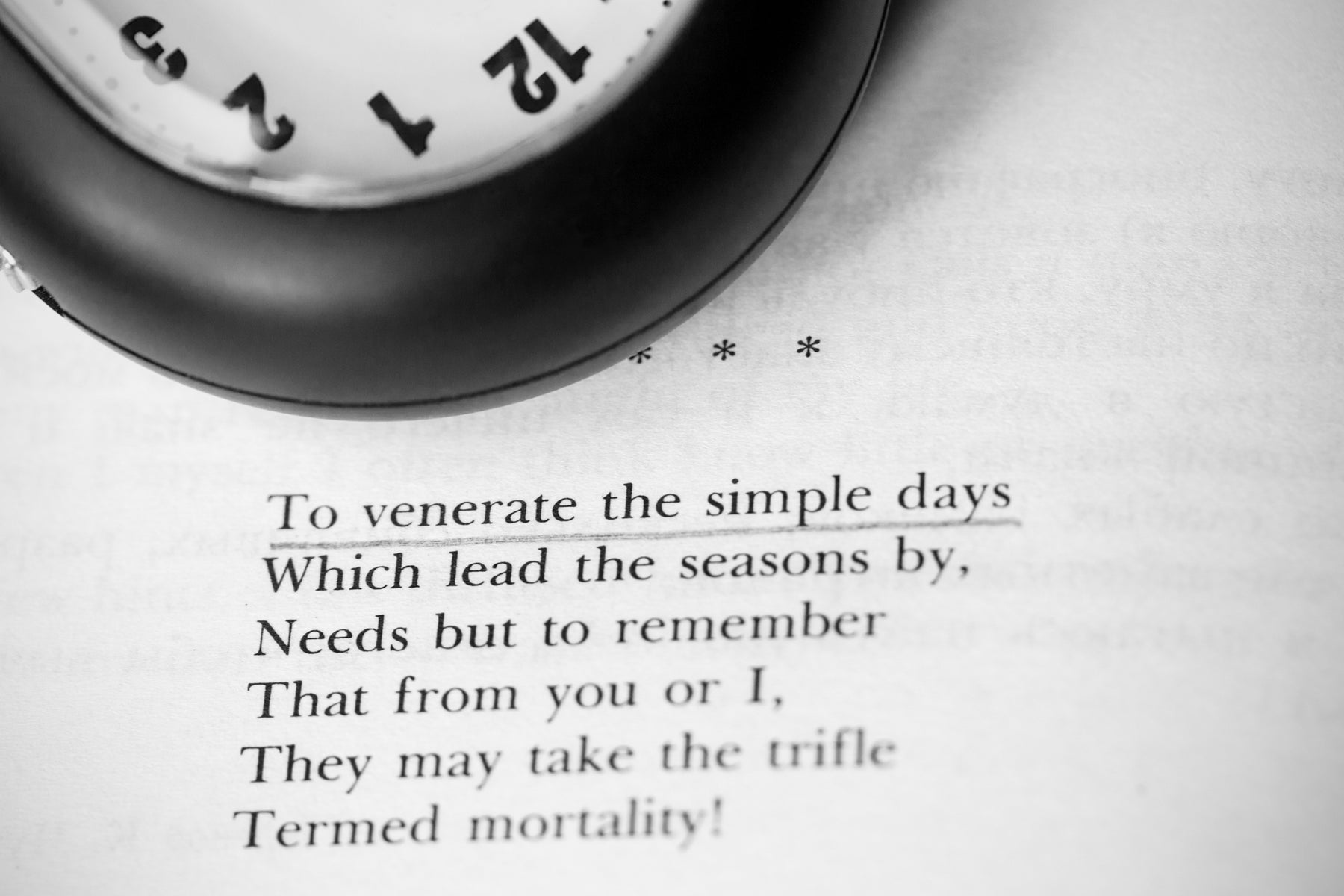1-(800)-642-0011
1-(800)-642-0011

Clocks and time-keeping devices have long held a fascination for writers and poets. From the ticking of a grandfather clock to the intricate workings of a pocket watch, these devices have become symbols of the passage of time and have inspired some of the greatest works of literature.
One of the earliest examples of this inspiration can be found in Shakespeare's play, "Macbeth." In Act II, Scene 3, Macbeth hears a knocking at the gate of his castle, and remarks, "Knock, knock, knock! / Who's there, i' the name of Beelzebub? / Here's a farmer, that hanged himself on the expectation of plenty: come in time." The knocking serves as a reminder of the inevitability of time passing, and the farmer who hanged himself reflects the consequences of our actions in the face of that passage.
Another well-known example is T.S. Eliot's poem, "The Love Song of J. Alfred Prufrock." In this modernist masterpiece, Prufrock contemplates the meaning of life and love while imagining himself as an aging man with "thin arms and legs." The ticking of a clock is mentioned several times throughout the poem, reminding Prufrock of the fleeting nature of time and his own mortality.
In F. Scott Fitzgerald's "The Great Gatsby," clocks play a more subtle role in the narrative. Nick Carraway, the novel's narrator, often recounts the events of the story in relation to the time of day, providing a sense of the passing hours and the transient nature of the characters' lives. The ticking of a clock can be seen as a reminder that time is running out for the characters to achieve their dreams and desires.
In contemporary literature, clocks continue to inspire writers and poets. In his novel "The Hours," Michael Cunningham explores the lives of three women from different time periods, all of whom are connected by Virginia Woolf's novel "Mrs. Dalloway." The ticking of clocks becomes a motif throughout the novel, symbolizing the passage of time and the struggles faced by each of the characters.
Clocks also feature prominently in the work of contemporary poet Billy Collins. In his poem "The Dead," Collins describes a scene in a cemetery where the only sound is the ticking of a clock. This image serves as a reminder that even in death, time continues to progress.
Clocks have long inspired great works of literature. Whether through the imagery of a ticking clock, the symbolism of time passing, or the narrative device of recounting events in relation to the time of day, writers and poets have found endless inspiration in these time-keeping devices. As time marches on, so too does our fascination with clocks and their poetic potential.